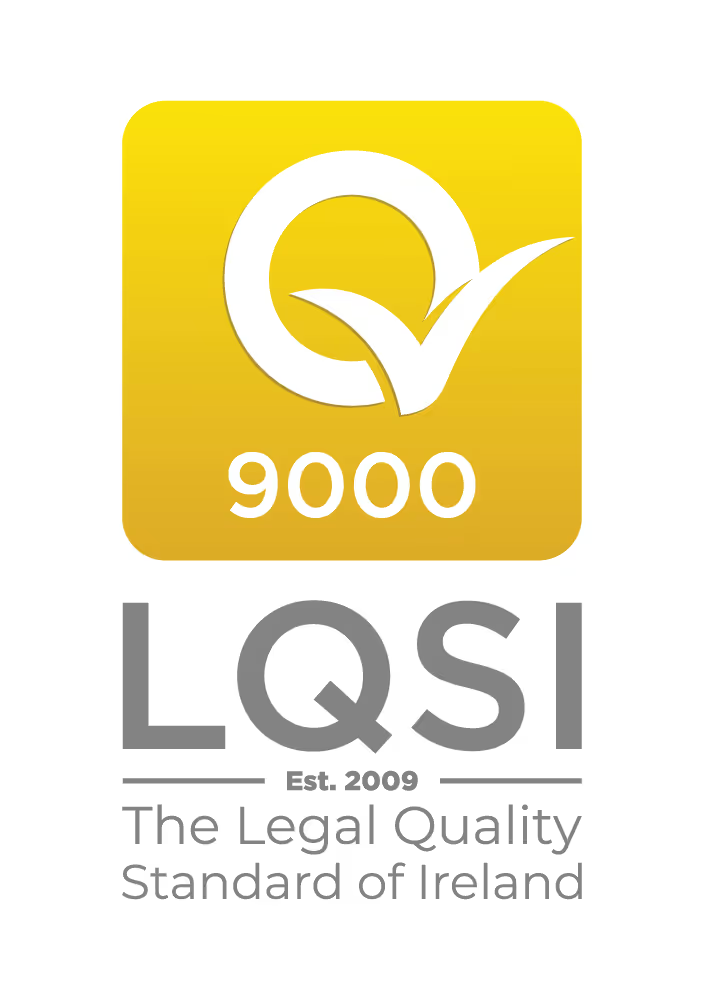Introduction
The Hague Convention on the Recognition and Enforcement of Foreign Judgments in Civil or Commercial Matters 2019 (the “Hague Judgments Convention”) entered into force in the United Kingdom on 1st July 2025.
The impact of UK ratification
The 2019 Convention allows for the recognition and enforcement of certain commercial or civil judgments in contracting party jurisdictions. Following the United Kingdom’s exit from the EU, UK judgments did not receive automatic recognition and enforcement in Ireland. The UK had applied to join the Lugano Convention on 8th April 2020, which governs the enforcements of judgments between member states and certain states members of the European Free Trade Association. However, on 4th May 2021, the EU Commission rejected the UK’s application on the basis that “it is a third country without a special link to the internal market”. The Commission also stated that “the Hague Conventions should provide the framework for future cooperation between the European Union and the United Kingdom in the field of civil judicial cooperation”.
The ratification and coming into force of the Hague Judgments Convention means that the contracting states, which includes all EU member states (except Denmark), Uruguay and Ukraine, are required to recognise and enforce such judgments from other contracting states. There are a number of defences which will be permitted in relation to matters such as public policy and fraud.
Impact on Ireland
For Ireland, this means that where a UK decision has been handed down in proceedings commenced after 1st July 2025, the Hague Judgments Convention now requires the Irish courts to recognise and enforce that judgement without review of the merits of the UK judgement. This means that UK judgments on certain civil and commercial matters cannot be reversed or challenged in the Irish Courts. Article 2 of The Hague Judgments Convention specifically excludes matters such as status and legal capacity of natural persons, family law, defamation, insolvency, privacy, intellectual property and some anti-trust matters.
Requirements for enforceability
There are certain requirements that must be met before the UK judgement will be enforceable under the Hague Judgments Convention. These are where:
- the document contains a non-exclusive jurisdictional clause;
- the defendant, at the time they became a party to the proceedings, were “habitually resident” in the UK;
- the defendant expressly consented to the UK jurisdiction;
- the performance of the contractual obligation was in the UK, provided the defendant’s activities amounted to a purposeful and substantial connection to the UK;
- in the case of tortious judgments, the act or omission causing harm occurred in the UK; or
- in the case of property judgments, the land or tenancy is situated in the UK or the trust designated the UK as the principal place of administration or the UK courts as having jurisdiction to determine trust disputes.
The ratification and coming into force of the Hague Judgments Convention is a welcome development which provides greater legal certainty on the status of UK judgments in the Irish courts system.









